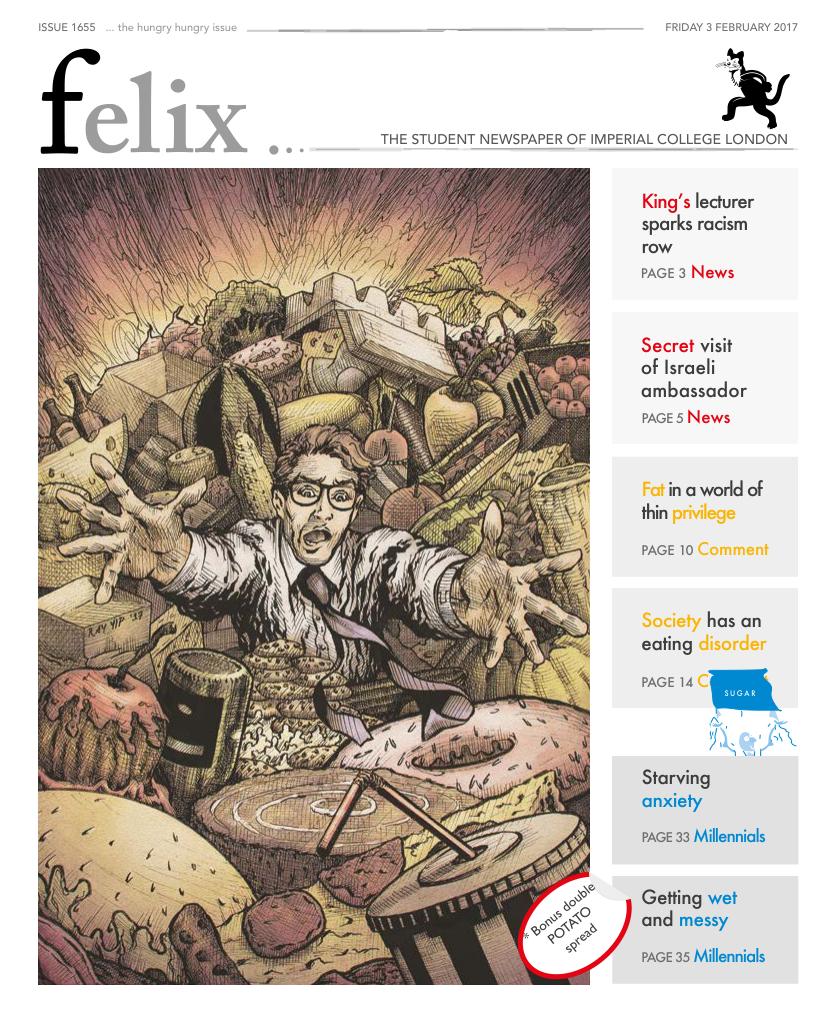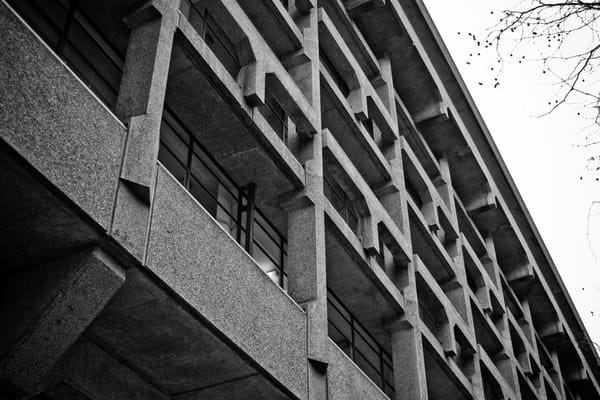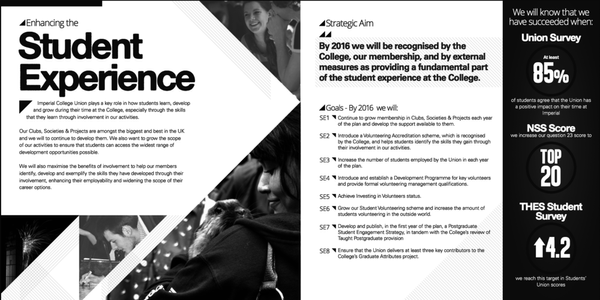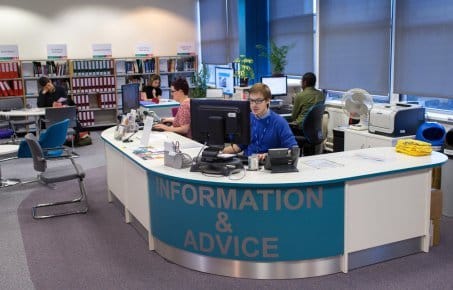Israeli ambassador’s secret visit to Imperial
felix reports from the mystery talk

Last week the Israeli Ambassador to Britain, Mark Regev visited Imperial College, giving a talk in the Clore Lecture Theatre in Huxley Building. The talk, for which publicity was incredibly limited, was attended by around 200 students and was shrouded in secrecy right up until the very last moment.
Originally an email was circulated to students taking part in some Horizons courses, advertising a talk with “a representative” for “an evening of candid debate and discussion on Middle Eastern matters” and giving nothing further away about the speaker. On the day of the talk the attendees were given the location as well as a set of instructions: Two forms of ID would be needed, no bags inside the venue, no mobiles to be used in the venue, and no social media use. Further to this was the threat of disciplinary action should you fail to “conduct yourself in a professional and respectful manner”. Outside the event was a sizeable police presence, with a cohort of security in black overcoats pacing inside the lecture theatre too (I think one of them may have received a Fitbit for christmas he was circling that much).
Dr Matthew Wraith, a politics lecturer at Imperial, chaired the talk and introduced Ambassador Regev who started with a 15 minute introductory speech. In these opening remarks Regev outlined what he thought were the two essential pillars needed for peace agreement to happen, “Mutual recognition” and “security”. On the first point the Ambassador stressed that recognition of the legitimacy of the other sides claim was key and put forward a thesis that the reason for conflict is not that Palestinians don’t have a state, instead that “the reason there is a conflict is because the Jews have a state”. Ambassador Regev then cited the various partition plans brought forward that were accepted by the Israelis but rejected by the Palestinians.
The ambassador likely visited Imperial as part of Israel’s wider anti-BDS (Boycott, Divestment and Sanctions) strategy
Regev went on to question the meaning of peace without this mutual recognition, saying that to Hamas it was a peace that would enable them to use a partial Palestinian state as a vehicle to destroy the rest of Israel. Dr Wraith later accused this criticism of the Palestinian side as hypocritical, referencing Israel’s acceptance of the 1937 Peel Partition which was based on the same principle (David Ben-Gurion, first Prime Minister of Israel, said at the time “[I am] not satisfied with part of the country, but on the basis of the assumption that after we build up a strong force following the establishment of the state, we will abolish the partition of the country and we will expand to the whole Land of Palestine.”)
On the aspect of security Ambassador Regev insisted that “If you can’t defend the peace then the peace won’t last”, especially in the unstable climate currently present in the Middle East.
The Ambassador then went on to say that the Israelis are willing to return to the negotiating table with no preconditions, allowing the two sides to “give and take” towards a peace treaty. The fact that the Palestinians had not returned to the negotiating table recently was because they “prefer to go to the UN, they prefer to UNESCO, they prefer to get resolutions in multilateral fora voting against Israel”. This then led onto a point in which Regev felt that Israel was unfairly discriminated against by these bodies and because the Palestinians have an automatic majority, “everyone agrees at the UN it’s always Israel’s fault”.
In the questions section the topics of settlements, Kurdish independence, Israeli nuclear weapons, a one state solution, and Donald Trump were brought up amongst other things. A video of the full event is due to be released at some point in the future.
It is quite worrying that the College did not think to invite an opposing view to help balance the conversation themselves. This would’ve lead to a much more open-minded and fruitful discussion
To understand how this event came to be, we approached Dr Wraith. He explained that it was the Israeli Embassy who had first approached him for the Ambassador to visit Imperial and not the other way around. “[The ambassador] said ‘I want to come and speak to Imperial’ and I said ‘Do you want to speak to my class or make it a more public event?’ He said ‘either’ and I said ‘both’”. The talk at Dr Wraith’s class happened a few months ago and was attended by about 30 students.
The ambassador likely visited Imperial as part of Israel’s wider anti-BDS (Boycott, Divestment and Sanctions) strategy, especially considering Israel’s high tech economy in conjunction to Imperial’s STEM expertise. Universities up and down the country have implemented boycotts of varying degrees, with three Imperial academics signing an open letter last year which pushed for an ‘academic boycott’ of Israeli universities.
Wraith, who had a large hand in the initial logistics of the event, also spoke about how the security precautions ramped up around the event as the police were scared of a repeat of the scenes seen at King’s College and UCL last year in which protesters on both sides clashed at events with pro-Israel speakers. Dr Wraith was pleased with the success of the talk and the fact that “we’ve proved to the College that the sky doesn’t fall in when you have a political figure come to campus and I hope they’ve taken that on board.”
Farri Gaba, an aeronautics student, attended the talk last week and is in the process of organising a similar event with the Palestinian representative to the UK, Manuel Hassassian. “I realised that the general student body has the right to hear both sides of the conflict. It makes for fair and educated judgement of both the current situation and the future solution.”
Palestinian Society is also planning on holding future events too and condemned both the lack of an opposing viewpoint as well as the secrecy surrounding the event. “It is quite worrying that the College did not think to invite an opposing view to help balance the conversation themselves. This would’ve lead to a much more open-minded and fruitful discussion with different perspective being expressed...Further still, the fact that the event was not publicised properly... is, in itself, disheartening.” They added, “such questionable methods raises certain moral and ethical concerns; this could very well lead to the belittling of our university’s free thinking and challengeable identity, a frankly horrific and disturbing notion.”
When contacted by felix, Imperial’s Israeli Society explained how they had no part in the facilitation of the event as they were “a non religious and apolitical society… We like to make an emphasis on the fact that we are the Israeli society and not the Israel society. We represent a people, the Israelis and not the Israeli Government.”
An Imperial College spokesperson said “Imperial strives to provide opportunities for its community to hear a wide range of views, and space for debate and discussion, in accordance with the College’s Freedom of Speech policy. The security arrangements made by the College for a high profile speaker like this obviously took account of advice from the Metropolitan Police, and there were no security issues during the event.” On the topic of holding similar events in the future they added “we shall continue to provide support for a broad spectrum of speakers to visit the College.”








